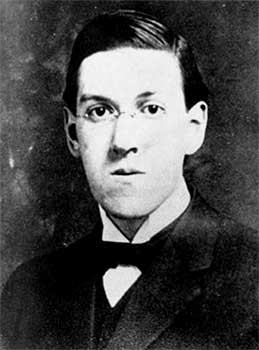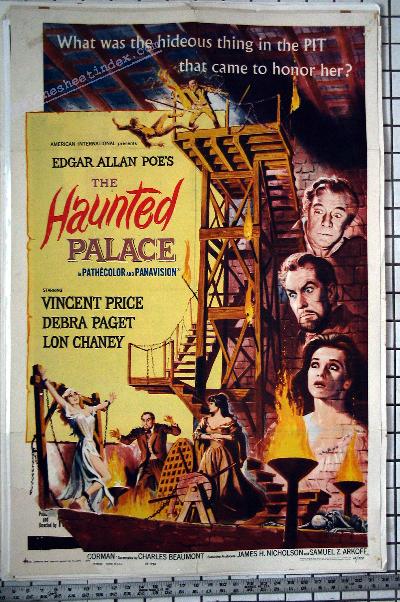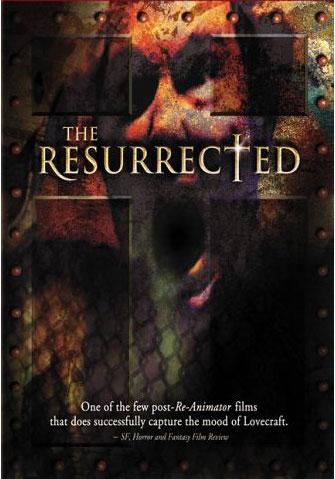 For those who came in late, Lovecraft Forest is named for the American writer H. P. Lovecraft.
For those who came in late, Lovecraft Forest is named for the American writer H. P. Lovecraft.
Howard Phillips Lovecraft (1890-1937) worked mostly during the era of Pulp magazines, publishing frequently from 1905 to 1935. Largely unknown and unappreciated in his own time, his works quickly found a circle of follower and admirers including Robert Bloch, Stephen King, Bentley Little, and Joe R. Lansdale. Many fans of the American horror story look to him as the logical successor of Edgar Allan Poe. He also frequently corresponded with many contemporary writers of the period including August Derleth, Clark Ashton Smith, and Robert E. Howard.
Lovecraft is a complicated writer, heavily influenced by the increasing of scientific, mechanical, and relativistic influences of the time and the subsequent diminishing of religious fervor that marked the preceding years. He stories frequently deal with the horror of a purely nihilistic universe, such as in stories like Herbert West: Reanimator (1922) and disinterested alien gods for which mankind is little more than insects, such as in Call of Cthulhu (1926.) Of my favorite works are the historical pieces of past horrors, such as the magnificent Case of Charles Dexter Ward (1927.) His “Dream Cycle” work (chiefly 1920-27) tend to reflect the influence of Lord Dunsany’s works and features his classic, The Dream-Quest of Unknown Kadath (1926).
 He is also credited with much of the literary philosophy of Cosmicism, which usually holds that the universe lacks a recognizable God and the universe, though potentially populated with other beings, is chiefly indifferent to the activities of human beings. His chief contributions to subsequent horror writers including the Cthulhu mythos and the famous literary device, the infamous book Necronomicon. Development of a fantasy roleplaying game by Chaosium named for Call of the Cthulhu, has introduced Lovecrafts universe to an entirely new generation of fans. Introduced in 1979, the game is now in its 6th edition and celebrating it’s 25th anniversary.
He is also credited with much of the literary philosophy of Cosmicism, which usually holds that the universe lacks a recognizable God and the universe, though potentially populated with other beings, is chiefly indifferent to the activities of human beings. His chief contributions to subsequent horror writers including the Cthulhu mythos and the famous literary device, the infamous book Necronomicon. Development of a fantasy roleplaying game by Chaosium named for Call of the Cthulhu, has introduced Lovecrafts universe to an entirely new generation of fans. Introduced in 1979, the game is now in its 6th edition and celebrating it’s 25th anniversary.
![]() An excellent introduction to Lovecraft can be found the Wikipedia article on his life and work here. Many of his works, now in the public domain, have been made accessible through WikiSource here.
An excellent introduction to Lovecraft can be found the Wikipedia article on his life and work here. Many of his works, now in the public domain, have been made accessible through WikiSource here.


